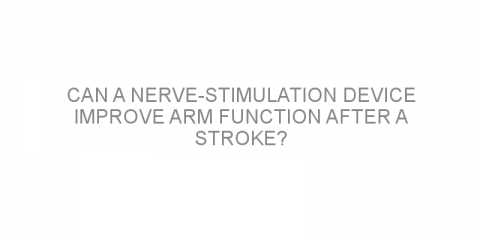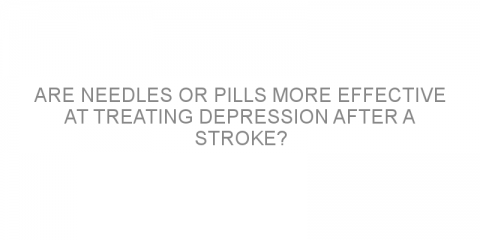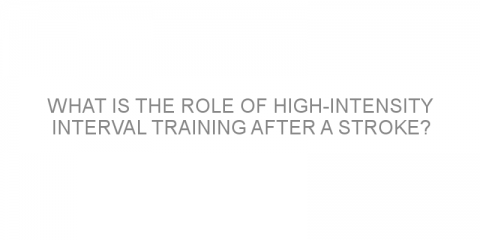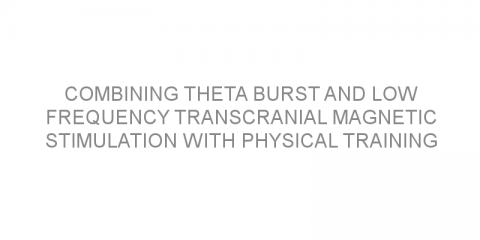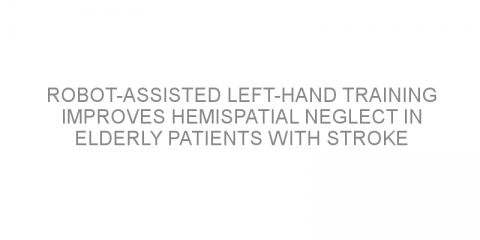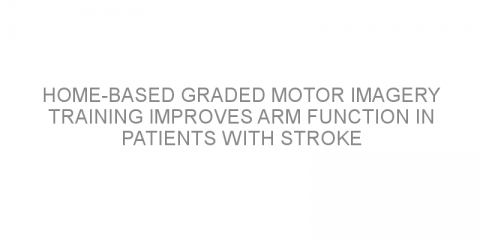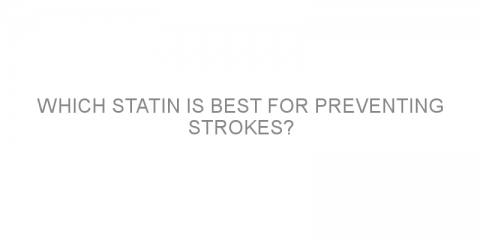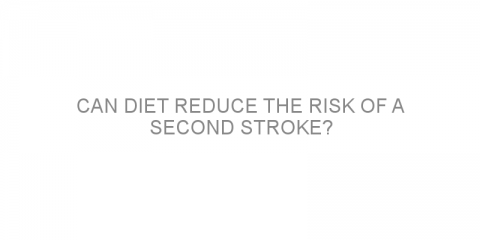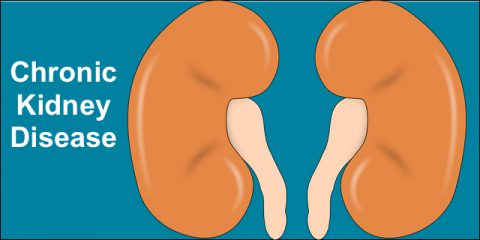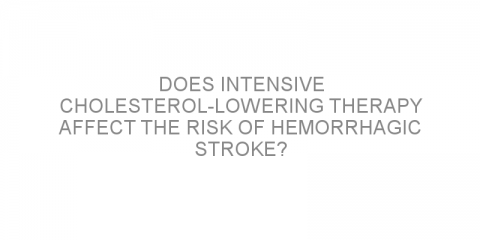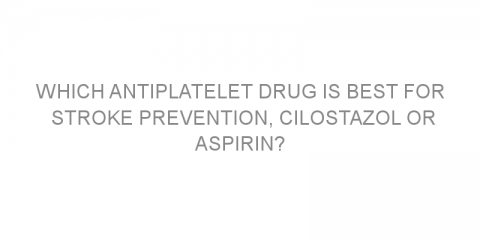In a nutshell This study looked at vagus nerve stimulation (VNS) as a treatment for arm weakness after stroke. It found that VNS combined with standard rehabilitation improved arm function significantly more than standard rehab alone. Some background After a stroke, some nerves do not work as they should. This means that the muscles...
Read MoreStroke Posts on Medivizor
Are needles or pills more effective at treating depression after a stroke?
In a nutshell This study compared acupuncture with anti-depressant medications for the treatment of depression in patients who have had a stroke. It found that post-stroke depression was less severe 3-8 weeks after acupuncture compared to anti-depressant medication. Some background Depression affects approximately 1 in 3 patients...
Read MoreWhat is the role of high-intensity interval training after a stroke?
In a nutshell This study looked at the effect of high-intensity interval training (HIIT) after a stroke. It found that HIIT improved walking distance, balance, and some parts of brain function in the short term. Some background Exercise is known to be important for stroke recovery. HIIT involves repeated sessions of high-intensity...
Read MoreCombining theta burst and low frequency transcranial magnetic stimulation with physical training improves arm recovery in patients with stroke
In a nutshell This study investigated the effect of theta-burst stimulation (TBS) and low-frequency magnetic stimulation (LFMS) in patients with stroke and arm impairment. Researchers suggested that TBS and LFMS combined with physical therapy improved arm function in these patients. Some background Stroke is one of the main causes of chronic...
Read MoreRobot-assisted left-hand training improves hemispatial neglect in elderly patients with stroke
In a nutshell This study investigated the effectiveness of robot-assisted left-hand training in older patients with stroke and hemispatial neglect (HN). Researchers suggested that robot-assisted hand training improves HN in these patients. Some background Stroke is a condition that affects the brain. The blood flow to the brain stops due to...
Read MoreHome-based graded motor imagery training improves arm function in patients with stroke
In a nutshell This study investigated the effect of home-based graded motor imagery (GMI) training in the treatment of patients with stroke and arm impairment. Researchers suggested that adding GMI training to standard stroke therapy improves arm recovery. Some background More than 795,000 people in the US have a stroke every year. It...
Read MoreWhich statin is best for preventing strokes?
In a nutshell This study compared several statin medications for the prevention of cardio-cerebrovascular (CCV) events such as strokes, heart attacks of death. It found that atorvastatin (Lipitor), pitavastatin (Livalo), rosuvastatin (Crestor), and simvastatin (Zocor) were all equally effective at preventing CCV events. Some background The most common...
Read MoreCan diet reduce the risk of a second stroke?
In a nutshell This study looked at the effect of different diets on the risk of a second stroke in patients who had already suffered one stroke. It found that the Mediterranean diet (MD), reduction of salt intake, and folic acid supplements may reduce the risk of a second stroke. Some background Diet is an important factor in the development of...
Read MoreA Silent Condition: Chronic Kidney Disease
March is National Kidney Month. People don’t think about their kidneys until something goes wrong with them. Several Medivizor blog posts have described the structures in the kidney, the connection between kidneys and blood pressure, and kidney stones and the risk of heart attack or stroke. Chronic Kidney Disease is another kidney problem but it is...
Read MoreDoes intensive cholesterol-lowering therapy affect the risk of hemorrhagic stroke?
In a nutshell This study investigated the effect of low-density lipoprotein cholesterol (LDL-C) levels on hemorrhagic stroke risk. Researchers suggested that the use of intensive cholesterol-lowering therapy is not associated with an increased risk of hemorrhagic stroke. Some background A stroke might happen due to a blood clot (ischemic) or a burst...
Read MoreBotulinum toxin A improves shoulder pain and movement in patients with stroke
In a nutshell This study investigated the effectiveness of Botulinum toxin A (Botox; BTA) in treating shoulder pain in stroke survivors. Researchers suggested that BTA improves pain and shoulder movement in these patients. Some background A stroke happens when the blood flow to the brain is cut off. This may be due to a blood clot or a burst blood...
Read MoreWhich antiplatelet drug is best for stroke prevention, cilostazol or aspirin?
In a nutshell This study compared two antiplatelet medications that are used to prevent strokes, cilostazol (Pletal) and aspirin. They found that patients treated with cilostazol were less likely to have a second stroke, or a brain bleed compared to aspirin. Some background An ischaemic stroke results from a blockage...
Read More
